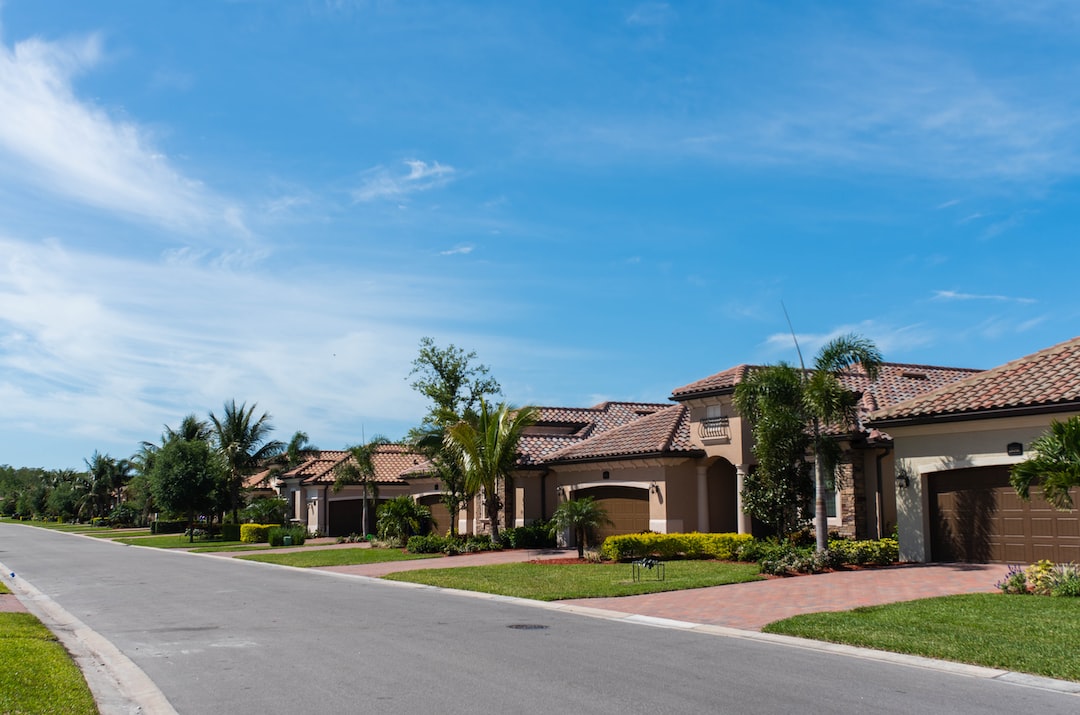Renting a house or apartment can be a convenient way of living for many people. However, sometimes disagreements can arise between landlords and tenants, which can cause inconvenience and emotional distress. Landlord-tenant disputes can be resolved before they escalate into legal issues by following certain steps. Before discussing how to handle landlord-tenant disputes, let’s first understand the common causes of such disputes.
1. Delayed Rent Payments – Delayed rent payments are one of the primary reasons for disputes between landlords and tenants.
2. Security Deposit – Some landlords may deduct unreasonable amounts from the security deposit. This can result in disputes.
3. Lease Violations – The tenant may violate the terms mentioned in the lease agreement. This can cause serious disputes.
4. Property Maintenance – Maintenance and repairs are the responsibility of landlords, but if it is not done on time, then it may lead to disputes.
5. Eviction – If the landlord seeks eviction without proper notice or reasons, it can cause disputes.
Now, let’s discuss some steps that can be undertaken while dealing with landlord-tenant disputes.
1. Communication – The first step towards resolving tenant-landlord disputes is communication. Both the landlord and tenant should communicate with each other in a respectful and calm manner. If you are a tenant, it is important to contact your landlord in writing so that there is a record of the communication. It is important for landlords to acknowledge the problems raised by tenants and respond in a timely manner.
2. Seek Professional Help – If the communication does not yield any solution, then seek professional help. Both tenants and landlords can contact their respective legal advisors or housing authorities for guidance.
3. Follow the Lease Agreement – The lease agreement is a legally binding document between landlords and tenants. Both parties should strictly follow the lease agreement to avoid disputes.
4. Negotiation – Negotiation is the key to resolving disputes. Both the landlord and tenant must negotiate to find a solution that works for both sides. Tenants can offer a reasonable solution to resolve disputes without breaking the lease agreement.
5. Legal Action – If all other methods fail, then legal action may be required. Tenants can file a complaint in small claims court or contact an attorney specializing in tenant-landlord disputes.
In conclusion, tenant-landlord disputes can create problems for both parties if they are not resolved in an amicable and timely manner. Tenants must follow the lease agreement guidelines and keep communicating with their landlords. When landlords acknowledge and address their tenant’s concerns, it can help to prevent disputes. If a resolution cannot be reached, then seek professional help to protect your rights and legal interests. Remember, the key to resolving tenant-landlord disputes is patience, understanding, and effective communication.

